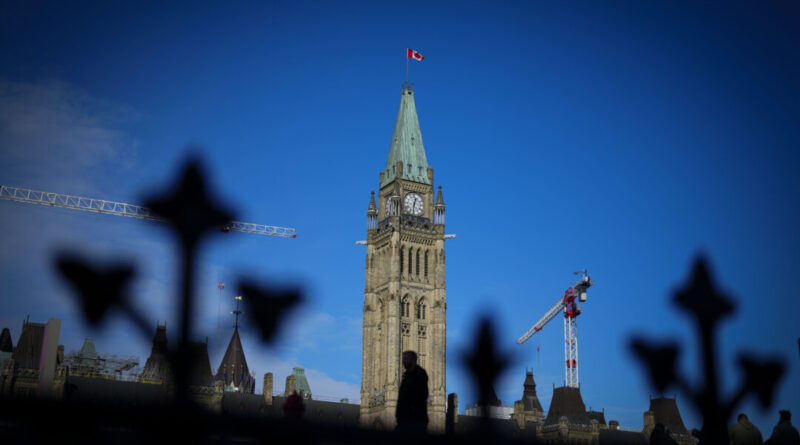Progressives unveil strategy to address housing emergency, labeling it a rallying cry for change
The federal Liberals have revealed their strategy to address the housing crisis, expanding on recent announcements with new tax incentives, over a billion dollars for homelessness, and a nationwide initiative to construct more housing on public lands.
Released days before the federal budget, the 28-page document showcases the minority government’s latest attempt to lead the conversation on affordability as it faces growing pressure from the Conservatives on cost-of-living concerns.
Ottawa is also signaling to provinces, territories, and municipalities that they must also play their part, branding the plan as a “call to action.”
“There’s no single level of government that can single-handedly resolve the national housing crisis,” stated Housing Minister Sean Fraser in an interview. “But through collaboration and creating incentives to motivate each other to adopt policies that will help us achieve our goal, I am confident that we can accomplish this crucial task.”
The Liberal plan pledges to address the diverse array of housing affordability challenges faced by Canadians, from the unattainable dream of homeownership to soaring rental prices and homelessness.
Although much of the plan has already been announced during the government’s pre-budget tour, several new measures are outlined in the document, including expanded tax incentives for home construction.
The federal government plans to raise the capital cost allowance rate for apartments from four to 10 percent, enhancing the tax write-off potential for builders.
Additionally, the GST exemption on rentals is extended to student residences built by public educational institutions.
The strategy also allocates more funds to combat homelessness as communities nationwide grapple with encampments and limited shelter availability.
The Liberal government is bolstering the Reaching Homes program, a federal initiative for homelessness, with an extra $1 billion over four years.
Another $250 million is designated to assist communities in eliminating encampments and transitioning individuals into housing, with a call for provinces and territories to match the amount.
The Liberals also commit to a “historic shift” in utilizing public lands for housing construction, aiming to make more land accessible for homebuilding and advocating leasing over selling land.
They also aim to restrict large corporate investors from purchasing existing single-family homes.
Other components of the plan include expanding skilled trades training, facilitating foreign credential recognition, and enhancing productivity in the construction sector to expedite homebuilding.
The implementation of the Liberal housing plan will rely in part on cooperation from provinces and territories, some of which have pushed back against what they view as federal overreach.
Despite pushback from Quebec, Saskatchewan, Ontario, and New Brunswick over conditions tied to new infrastructure funding, Mr. Fraser defended the approach, emphasizing the importance of assisting Canadians in need.
As the Liberals promote their housing plan, its acceptance among Canadians will depend on their confidence in the government’s ability to address their concerns.
Meanwhile, the federal Conservatives, leading in public opinion polls, criticize the Liberal initiatives, advocating for less government intervention in housing. However, Mr. Fraser argues that Conservative proposals are inadequate.
Mr. Poilievre’s housing plan focuses on incentivizing cities to boost home construction annually, with penalties for non-compliance and rewards for exceeding targets.





